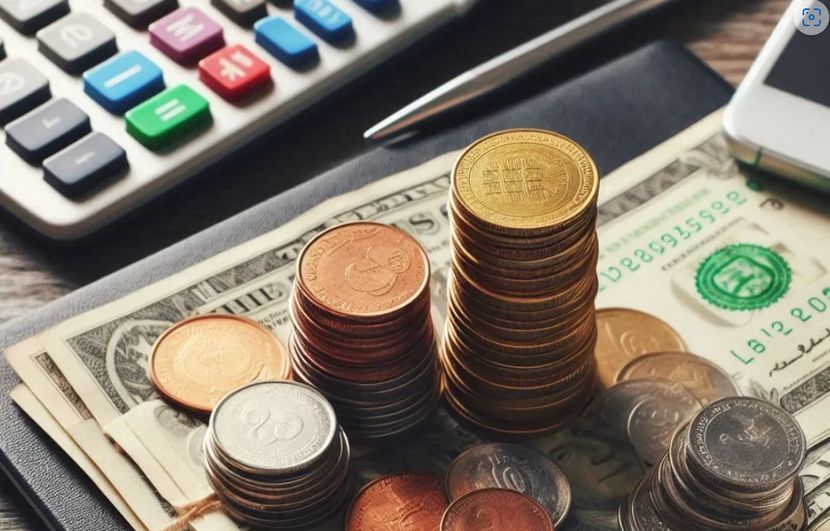2025 Indonesia (APBN) State Budget Planning

Article Data Source:ANTARA-Antara News Agency, Joko 2025 National Budget Speech Translation:Thousand Islands Enterprise Service
Indonesian President Joko Widodo presented a draft of the 2025 Indonesian state budget and expenditure on Friday, August 16th. This budget aims to provide support for the new government in 2024-2029 and remind them of the risks that global economic turmoil may pose for Indonesia.
According to the budget data provided by the Indonesian Presidential Secretariat, the government budget consists of both revenue and expenditure:
Total revenue was Rp2,996.9 trillion, including:
- Tax Revenue: Rp2,490.9 trillion
- Non-tax state revenues: rp 505.4 trillion
- Endowment income: rp0.6 trillion
Total expenditure was Rp3,613.1 trillion, including:
- Central Government Expenditure: Rp2,693.2 trillion
- Local transfers: rp 919.9 trillion
The budget deficit totaled Rp616.2 trillion, which means that expenditures exceeded revenues, and the deficit was 2.53% of gross domestic product (GDP).
Joko emphasized the importance of the budget in ensuring sustainable development.He said that the Indonesian State Budget 2025 (APBN) is a key pillar of sustainable development, ensuring the continuation and implementation of excellent policies by strengthening the continuity program between the current and future governments.
Also the basic assumption data for Indonesia's macroeconomy in 2024 includes:
- Economic growth: Gross Domestic Product (GDP) growth is projected at 5.2%
- Inflation: the overall price level is expected to rise by 2.51 TP3T
- Exchange rate: The exchange rate of the rupiah to the United States dollar is expected to be Rp16,100.
- 10-Year Treasury Yield: 10-Year Treasury Rate Projected at 7.1%
- Crude oil prices: the price of crude oil on the international market is projected at $82 per barrel
- Crude oil production: Indonesia's crude oil production is estimated at 600,000 bpd
- Natural gas production: natural gas production is projected at 1,005 million barrels of oil equivalent per day
The Indonesian government's economic strategy includes:
- Increasing jobs and reducing unemployment through various measures
- Strengthening the economic base by supporting the development of MSMEs
- Measures to stabilize prices and control inflation
- Increased access to social finance to enable greater access to financial support
- Stimulating economic growth through tax incentives and other policies
- Helping vulnerable groups improve their living conditions through social assistance programs
- Timely response to changes in global currency markets to maintain economic stability
- Promoting balanced interregional development and reducing regional disparities through policy measures
The introduction of Indonesia's national budget not only provides a clear fiscal framework for future governments, but also lays a solid foundation for the sustainable development of Indonesia's economy. Through well-designed economic strategies and policy measures, Indonesia is expected to remain stable amidst global economic turmoil and achieve long-term prosperity and development.

